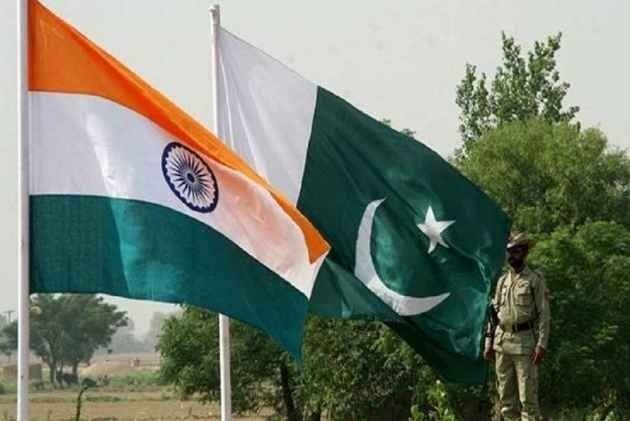Article VIII (5) of the Indus Waters Treaty requires the Permanent Indus Commission to meet at least once a year, alternately in India and Pakistan. The last such meeting was held here on March 23 and 24 last year….reports Asian Lite News
Pakistan’s objections to the hydro-power projects Pakal Dul, Lower Kalnai and Kiru in Jammu and Kashmir are likely to figure in the agenda at the annual meeting of the Permanent Indus Commission between March 1 and 3 in Pakistan this year.
To be held at Islamabad, this will be the 117th meeting of the Permanent Indus Commission since the Indus Water Treaty (IWT) was signed by India and Pakistan in 1960.
Article VIII (5) of the Indus Waters Treaty requires the Permanent Indus Commission to meet at least once a year, alternately in India and Pakistan. The last such meeting was held here on March 23 and 24 last year.
The Indian delegation will be led by Indian Commissioner for Indus Waters, Pradeep Kumar Saxena, and will comprise advisors from the Central Water Commission, the Central Electricity Authority, NHPC Ltd, and the Ministry of External Affairs. There would be three three female officers, a first since signing of the Treaty.
The Pakistan side will be led by its Commissioner for Indus Waters, Syed Muhammad Mehar Ali Shah.
The agenda for the meeting is being fine tuned by the two Commissioners. Pakistan’s objections to the hydropower projects Pakal Dul (1,000 MW), Lower Kalnai (48 MW), and Kiru (624 MW) in Chenab basin in Jammu and Kashmir and few small hydroelectric projects in Ladakh are likely to be discussed during the meeting.
The Indian delegation will leave for Pakistan through Atari border on February 28 and return via the same route on March 4. “We shall be leaving on Monday,” Saxena confirmed.
Under the 1960 vintage IWT, India and Pakistan share waters of six rivers in the Indus basin. Of these, India has complete rights over three eastern rivers – Sutlej, Beas, and Ravi, while Pakistan has rights over the western rivers – Chenab, Jhelum, and Indus.
India can, however, build only run-of-the-river projects on the western rivers. Pakistan gets almost 80 per cent share of the Indus basin waters (approx 135 MAF) against India’s 33 MAF.













